Who would have thought that Westwood One (NYSE: WON) would be in penny stock range, and near de-listing? It’s a shame, as it was once a terribly innovative company; in 2005 its stock was at around $25. It still commands star power. Above, a Paris Hilton interview with Westwood One at the MTV Video Music Awards, which Westwood airs on radio. Note the blue Westwood One brand information on the microphone. Good logo, eh?
Westwood One was formed in 1976 by Norm Pattiz, who created a syndicated Motown radio show. The show took off, and he began syndicating other shows, including Dr. Demento. The network grew, and eventually took over operations for CBS Radio, NBC Radio as well as created dozens of syndicated radio programs. Best known? Its Westwood One rock concerts, which for years were a staple on AOR radio stations. It now syndicates Bill O’Reilly and Dennis Miller, among others.
Rod Sherwood, the network’s fourth president, has recently taken over. Sherwood arrives at a hard time for Westwood, as a number of folks have tried to revive Westwood, and failed. For instance, Peter Kosann tried to revive the company in 2006 with big talent (Adam Corolla, Jim Cramer) and staff cuts. Nice try, but companies in duress should not be adding high-priced talent and cutting bench strength. Instead, they need to think like entrepreneurs and find new and sustainable low-cost programming sources. (Think Scholastic and Harry Potter.)
Westwood needs some hits. But a hit doesn’t come when you are trying for a hit. A hit comes when the stars align, and the only way to align stars is to survey the ENTIRE sky, night after night.
The good news is that when companies fall to pieces, opportunities open up. Staff and management are willing to try new things. It is time again for network radio to be reinvented, and Westwood is in a unique position to make these innovations happen. There is a lot of share value to be unlocked, if the problems can be solved.
What to do?
- Carve a different identity for each of its radio networks. Each network should have a different identity. NBC Radio should have a consistent group of programs, as should CBS Radio, CNN Radio and Mutual Radio, which needs to be brought back. For instance, CBS might concentrate on radio news and the CBS legacy in international reporting. NBC might concentrate on comedy programs. Mutual (see item number four) might build on talk. With all of the programming from Westwood that is available, begin to organize programs according to network. Right now, the network radio idea is largely dead, and shows all exist as “networks” all their own.
- Network associations could help smaller stations. There are large numbers of stations without a major affiliation, or stations that are affiliated with lots of different radio networks. With a main association with one top radio brands like CBS, NBC or Mutual, local radio stations could again reinvent themselves as affiliates. This could get confusing, because “CBS Radio” is actually CBS’ powerful collection of owned and operated stations. But if somehow these brands could also be tied to affiliates, the history and legacy of icons like NBC, CBS and Mutual could bring revenue to Westwood and local stations.
- Concentrate on weekends first. In the search to find new sources of programming, look to weekends. Local radio stations have little time for experimentation, except in the evening. AM stations are often cluttered with infomercials on the weekend and evenings, which does listeners a disservice, and only provides marginal revenue. In addition, these infomercials kill the “brand” and credibility of the stations on which they air. If you could come up with a program schedule for each of the networks over the weekend, you would do much to build up each of the networks’ identity. Not only could you carve out an audience at an off time, the smaller audiences on the weekend would be a great place to try out new talent.
- Restart Mutual Radio. Mutual Radio was not only a network, but it was a philosophy and idea of radio programming. While we think the brand still has value, as it still shows up in thousands of historical photographs, what is still viable about Mutual is the way it operated. That is what needs to be revived. Mutual was a network that grew out of its affiliates. The idea was that the affiliates got together, and shared programming. If one station was airing a program that might have a national market, Mutual would pick it up, and try it out. Today, this idea has even MORE viability with podcasting and the Internet. There is a lot of good content out there, and if a new network could sort through it and give it visibility, there might be some surprises.
- Be inspired by Lou Dorfsman. The graphic designer Lou Dorfsman just died at age 90. He was the man who truly raised the bar with CBS’ graphic identity. Go back and look at some of his work that related to the CBS Radio Network, and get some inspiration. For instance, CBS was a master at promoting special events on radio, which is a specialty of Westwood One. It’s all about class, and high standards. Learn from Lou.
- Stop regurgitating television. Much of what Westwood One distributes is reconverted television programming. It’s fine and well to circulate items from The Tonight Show and MTV, but if you are just doing that, you aren’t taking advantage of the medium, which demands its own approach.
- Don’t overuse the call in format. Much of networked radio relies upon call in radio. The format saved AM, and it will be around forever. But it gets used too often, and a contrarian approach for Westwood might be to come up with new radio programs that are not call ins.
- Have a consistent schedule. All the stations in the network need to take programming at the same time, leaving spots for local programming at regular spots. America is a mobile nation, and if shows are on at the same time across the country, live, they stand a better chance of being remembered as people travel.
- Build on the Classics: The jewel of CBS radio is the World News Roundup , circa 1938, as well as other CBS news programming. These shows have continuity, and they date from the era of Edward R. Murrow and William Shirer. This history needs to be promoted to advertisers; World News Roundup could even be something that is used in schools, like Weekly Reader. These smart, concise shows could have the authority and oomph of NPR’s programming, and create buzz and excitement if people actually knew they were around and where to find them. But listeners need to be reminded of their history. NBC, while it no longer has long-running radio programs, does have a legacy. Monitor, the weekend radio program, is well remembered, and Jim Bohannon has kept the NBC Radio banner alive.
- Search L.A. and NYC talent agents for one-hour music concepts. National Public Radio and Public Radio International, of course, enjoy a special tax advantaged place. Nevertheless, they have been innovators in radio programming, with programs like Marian McPartland’s Piano Jazz. There are many musicians like Marian McPartland who might be able to create their own shows. Take a slightly out of fashion musician, offer them a radio special, and sell it to a sponsor. Music and conversation seem to do best on radio. And music shows have an infinite life AFTER broadcast.
- Cut out the nasty stuff. Loveline has run its course, and so has MTV. Clean up the act, and audiences will follow. Of course, you can put stuff like that on the radio, and people will listen, but it is not a recipe to build a company. Advertisers want to be associated with clean content.
- Try some advertiser sponsored programming. What if you could go back to the future and produce advertising-sponsored shows around consumer products? That’s one way for advertisers to cut through the ad clutter. Plus, any program that is aired on radio, and then put into iPod, is a permanent and eternal ad for that product. Think King Biscuit Flower Hour, but sell the sponsorship to real consumer products companies. Radio is cheap to produce, and with the iPod, has a great market. Movie companies, electronic companies and record labels would be ideal sponsors.
- Don’t do too much demographic overkill. The successful radio franchises like Rush have listeners across all demographics. While each show has its core audiences, look for programming that can attract different kinds of audiences.
- Think how to, home improvment and self-help. The how to, advice and personal growth industry is massive. There could be many possibilities with shows relating to electronics, religion, business management, etc.
- Don’t push too hard on iPods. Now, we aren’t saying that Westwood should ignore the Internet, and we just recommended the use of iPods. But Westwood should remember that their stations are in the business of selling network broadcast radio time. Any podcasting of a radio show too soon after broadcast makes it less likely that someone will tune into the live program. Westwood needs to really get behind HD radio. All radio stations need to get behind it, actually.

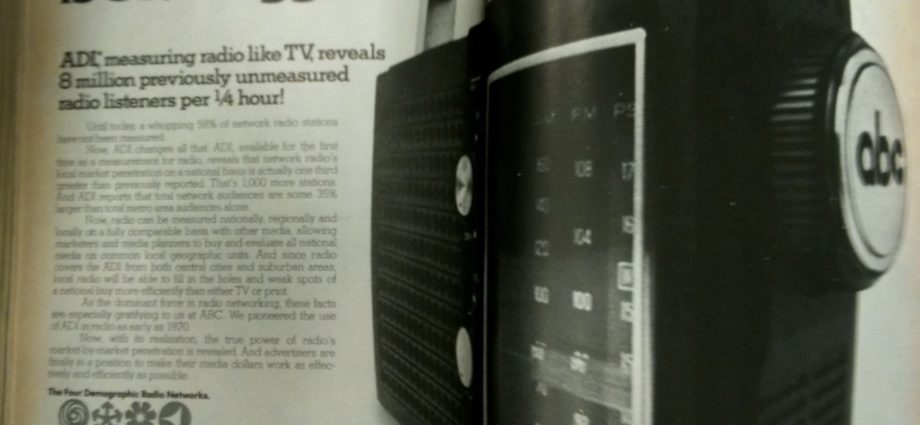
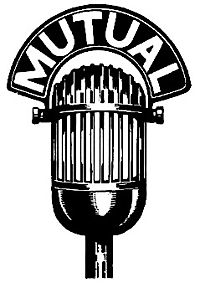
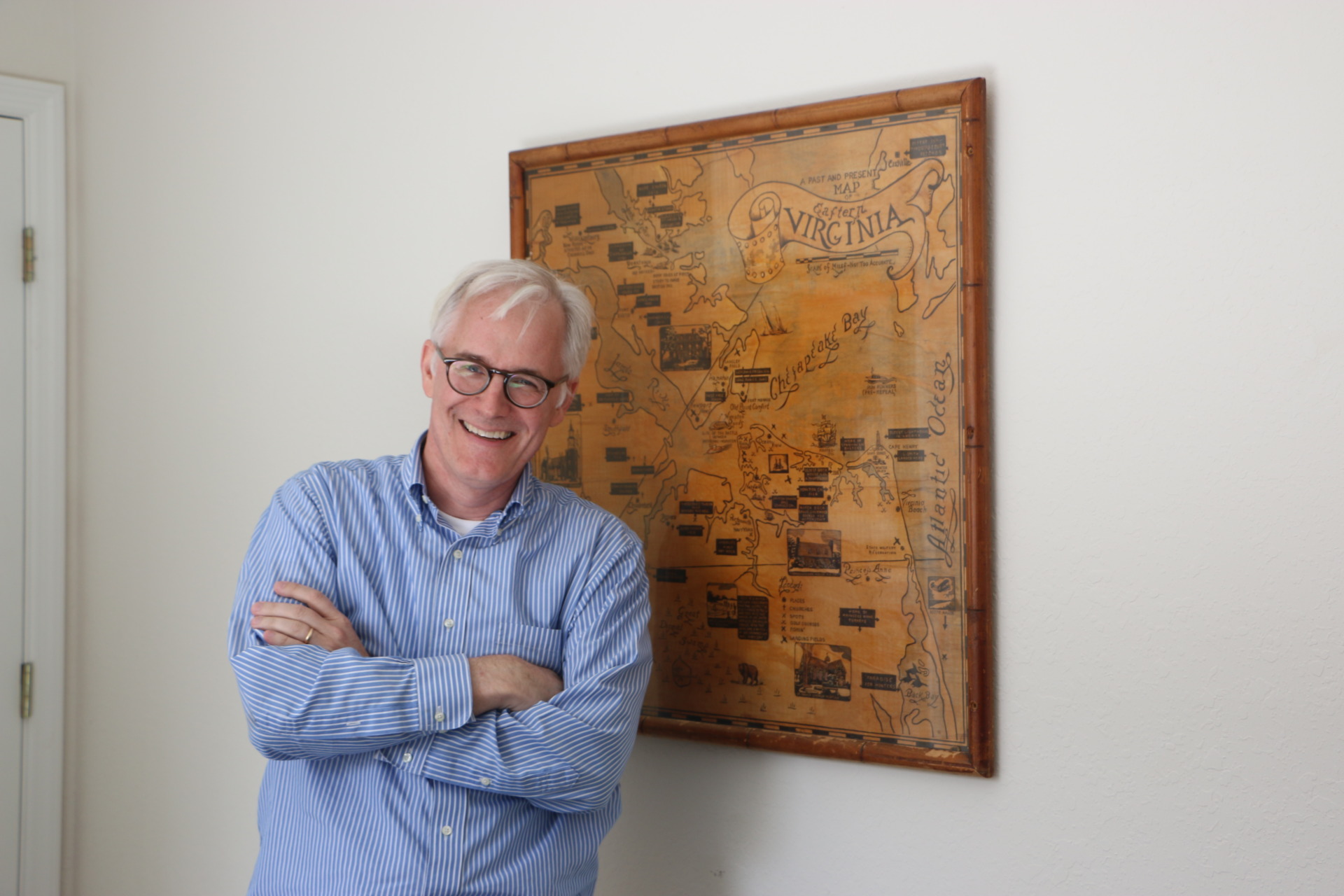

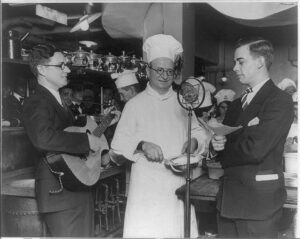
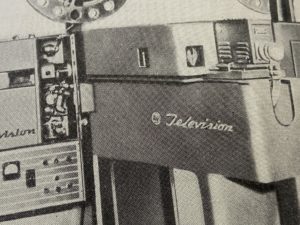
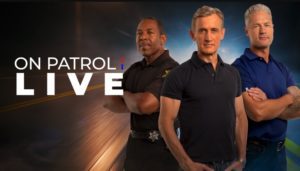
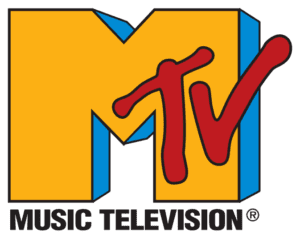
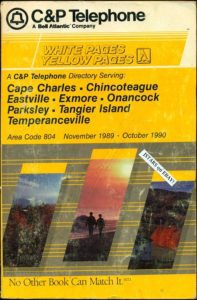
Tom: Thanks for the comment. There is some great talent there at CBS, and folks like Harley Carnes and Charlie Kaye are class acts.
Agree with you on the 30 minute broadcast.. tell the folks at CBS News that they ought to play to their strengths.
I checked out the clip mostly to see modern CBS radio and Harley Carnes; Katie’s little lecture on global warming (now re-branded as “climate change”) was a reminder of why I have stopped watching CBS evening news. We are all welcome to our beliefs, but her editorializing and failure as an independent reporter is stunning.
I would listen to a 30 minute radio world news that was broadcast daily and consistently. I can’t imagine I’d be alone.
loved your post thanks